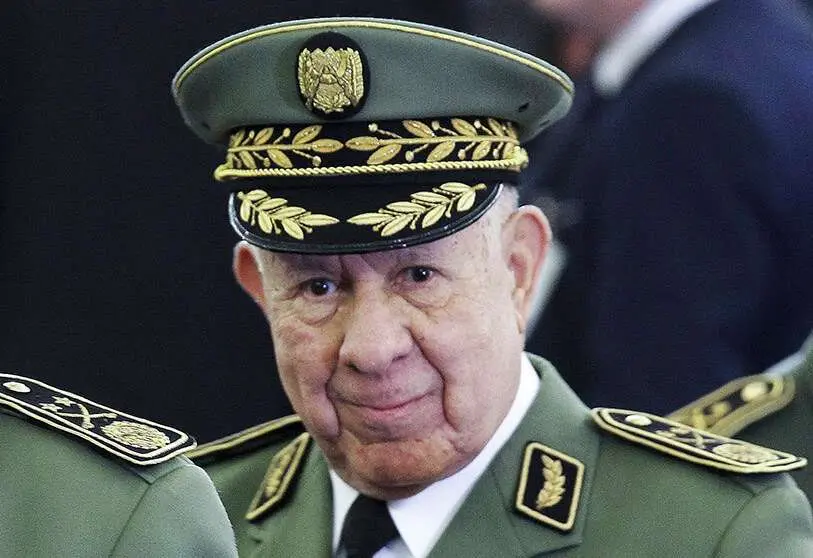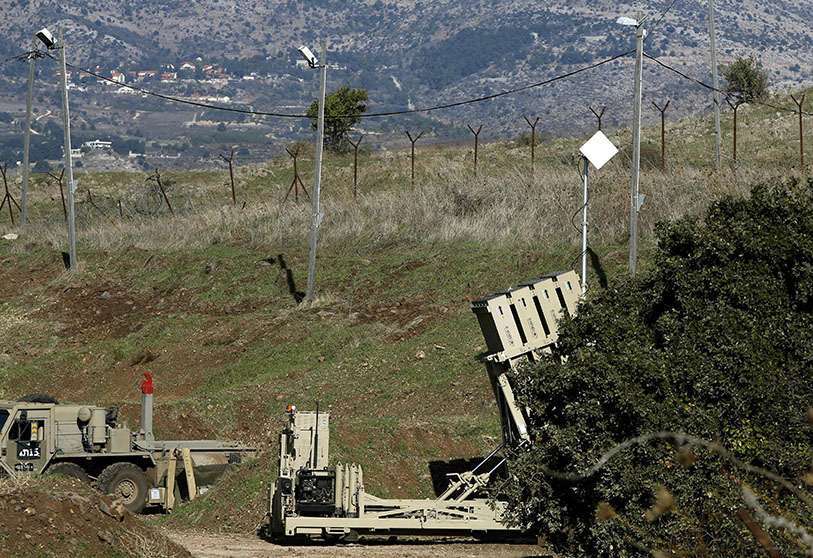Argelia busca en Egipto a un aliado regional

On the occasion of the Defence Industries Exhibition 2021 (IDEX), the acting chief of staff of the National People's Army, Lieutenant General Saïd Chengriha, travelled to Cairo, Egypt. During this visit, the Lieutenant General met with his Egyptian counterpart, Lieutenant General Osama Askar, and with the Minister of Defence, Mohamed Ahmed Zaki.
However, although the Algerian government chose the date strategically so as not to make its diplomatic interest too obvious, several observers and analysts have pointed out that the Maghreb power intends to boost its relations with Egypt in response to the strengthening of military cooperation between Morocco and Israel in the area of defence. However, this diplomatic manoeuvre has been dismissed by some of these experts as a 'meaningless' move, saying that it has not considered all the factors affecting the relationship.

The visit to Rabat of Israeli Defence Minister Benny Gantz, as well as the announcement just a week ago of an 'unprecedented' agreement on arms and cyber-security exports from the Hebrew territory, have led Algeria to seek new partners in the region. One of the issues that has attracted most interest in this agreement is the transfer of information on Iron Dome, an air defence infrastructure developed by the Israeli company Rafael Advanced Deface Systems, which is capable of intercepting more than 90 per cent of air strikes.

In addition to the recent normalisation and improvement of relations between Morocco and Israel - which have developed under US supervision in the framework of the Abraham Accords, signed in 2020 - there is also the historical dispute between the two countries over influence in the Sahel region. And while Morocco has continued to boost its diplomatic, commercial and military relations, and to promote the generation of green energy, Algeria's regional power is steadily waning. The Maghreb country, which was unable to fully recover from the crisis of 2014, was once again hit by the consequences of the COVID-19 pandemic.
Thus, the reason why Algeria has been quick to show its capacity to manoeuvre is due to the North African power's need to find regional allies as quickly as possible. With diplomatic relations with Rabat severed in August and tensions with the Kingdom increasing since October, Algeria's established alliances in the region have seen their influence reasonably diminished. Problems such as diplomatic tensions with France and the rift with Rabat have cost it a somewhat isolated position.

For its part, Cairo's position has remained suitably ambiguous. While its relations with Algiers are quite favourable, and while the two powers hold opposing positions on issues such as the Libyan conflict, the two powers collaborated in mitigating the escalation of violence and discord at the outbreak of the war. Thus, while Algeria is a major supporter of Islamist groups in the west, Egypt has sided with Marshal Khalifa Haftar in the east of the country. Moreover, Egypt's strong relations with Tel Aviv and Rabat have meant that Cairo has chosen not to get too close to Algeria.








